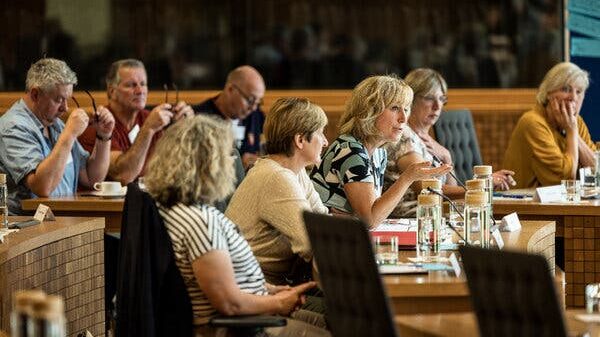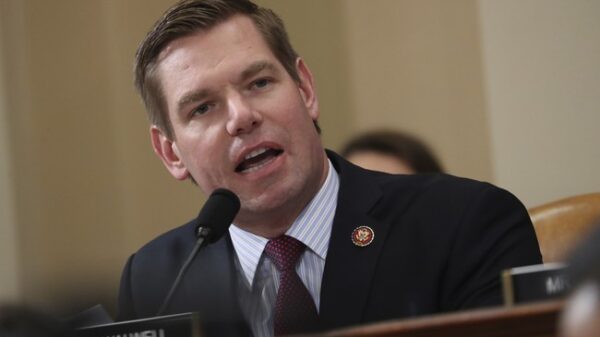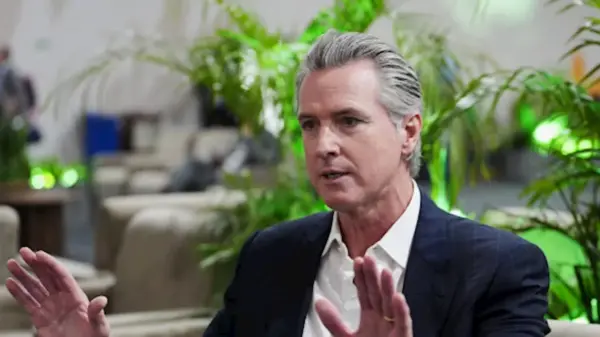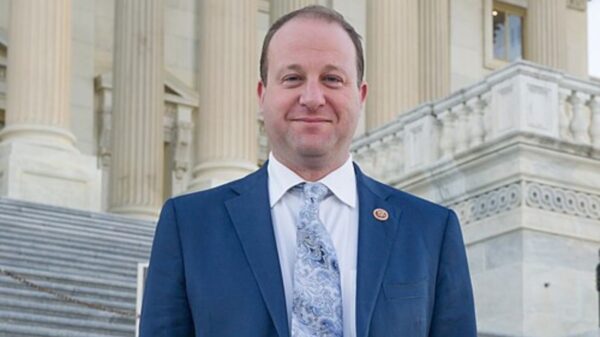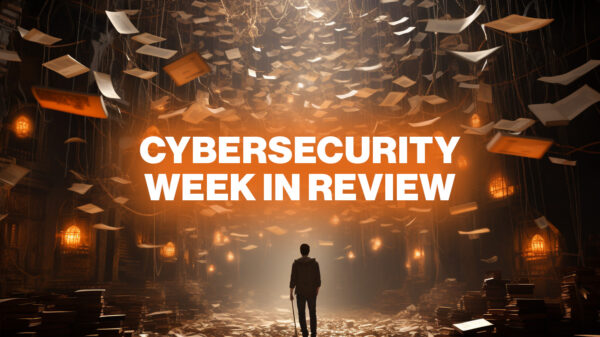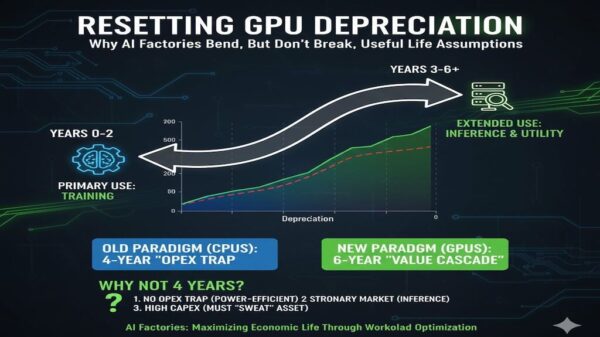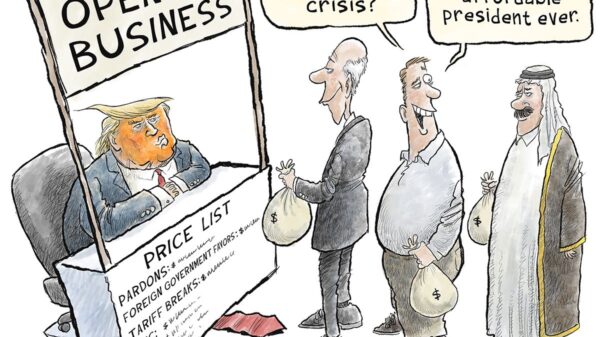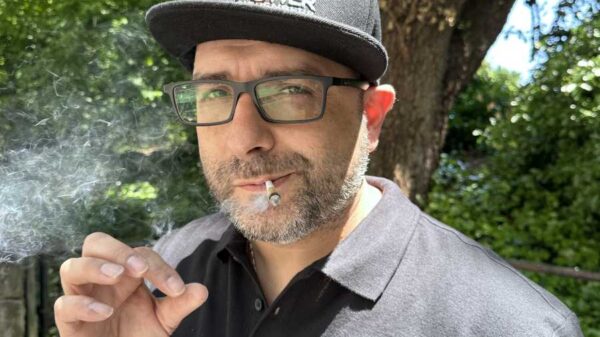New reports are igniting urgent discussions on racism following a personal reflection shared in Slate’s advice column, “Dear Prudence.” A white woman, identified as Ally or Not, revealed her distress over a comment made during an Uber ride with a Black driver. The incident has raised questions about the complexities of racial interactions and microaggressions.
In her poignant letter, Ally recounted how she casually mentioned the renowned barbecue in St. Louis during their conversation, only to feel immediate regret. “It sounded racist, shallow, stereotypical,” she wrote, fearing her comment underscored her internalized biases. The incident, which occurred earlier today, has left her grappling with feelings of guilt and inadequacy as an ally in the fight against racism.
Authorities and social commentators highlight the importance of recognizing and addressing microaggressions. Ally expressed concern that her well-meaning attempt to connect might have been perceived as a reductive stereotype. The conversation has sparked widespread acknowledgment of the ongoing struggle against racism, reinforcing that even those committed to change can falter.
The letter has struck a chord, as many readers resonate with her experience. The emotional weight of Ally’s reflection highlights the ongoing societal challenge of overcoming deep-seated prejudices. As she considers reaching out to apologize, experts stress the necessity of candid discussions about race and the complexities involved in navigating these sensitive topics.
In her response, Prudence reassured Ally that her fears may be misplaced, suggesting the driver likely viewed her as simply making small talk. “Guess what? St. Louis has more white people than Black people,” Prudence emphasized, pointing out the diverse culinary landscape of the region.
The urgent conversation surrounding Ally’s experience is amplifying discourse on how individuals can better engage with discussions about race without succumbing to anxiety over potential missteps. Experts advocate for increased exposure to diverse perspectives, encouraging people to seek genuine interactions that foster understanding and connection.
As the discussion evolves, the broader implications for white allies striving to dismantle racism are becoming increasingly clear. The need for ongoing dialogue and education is paramount. Ally’s experience serves as a reminder that self-reflection and honest engagement are crucial in the pursuit of social justice.
For those following this developing story, the conversation surrounding microaggressions and racial sensitivity is far from over. As more individuals share their stories and reflections, the impact of these discussions on societal attitudes toward race will continue to unfold.

